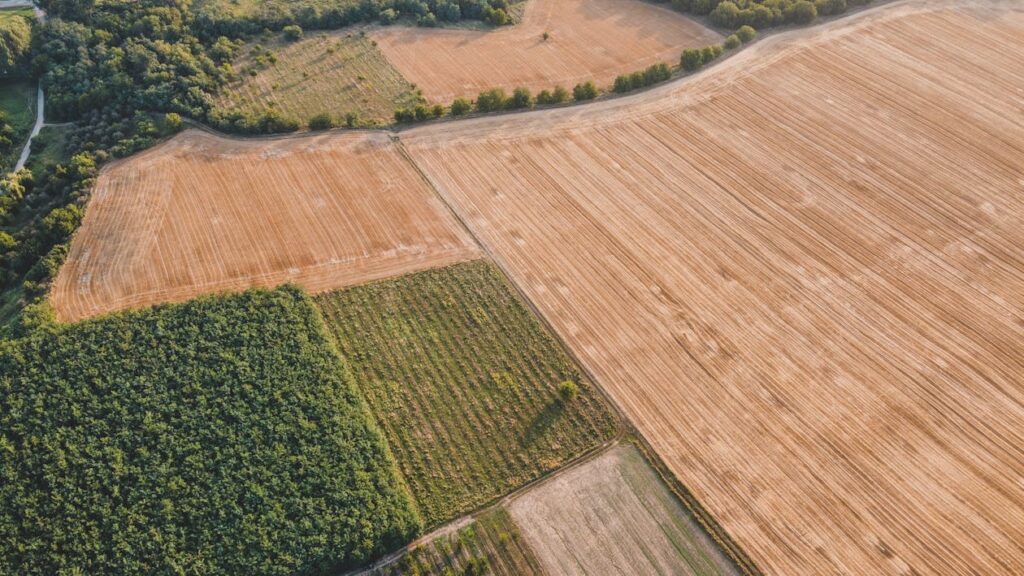
Recently, I read a column by Peter Middendorp about an alleged gap between city and countryside in the Netherlands. According to research by the Netherlands Bureau for Economic Policy Analysis (CPB), this divide is minimal or even nonexistent. Still, I believe the coming decades will bring major shifts. As an entrepreneur, I wouldn’t currently invest in intensive livestock or dairy farming in the Netherlands. It seems quite clear that climate-related blows are coming for those sectors. There’s simply not enough space.
In my never-ending urge to compare the Netherlands and Romania, I also see significant changes taking place in Romania’s rural areas. The gap between urban and rural Romania feels more like a ravine than a gap. While cities are developing rapidly culturally and financially – to a level comparable with, or even more appealing than, many Western European cities – the rural areas are moving in the opposite direction.
Rural Romania is emptying out. Young people are leaving, public services are declining, and the average age of those who remain keeps rising. Basic infrastructure like sewage systems, running water, and gas is often missing. Many still rely on wood for heating. But: internet access is top-notch.
In some places, this has led to curious price developments. There is widespread vacancy, and real estate prices have plummeted. A house deep in the countryside might cost €2,000, and in some villages, land within the town limits goes for about €0.50 per m² – often cheaper than land outside those limits.
At the same time, Dutch farmers are under pressure, while in Romania, 9 million hectares of fertile land are waiting for knowledge and investment. One could argue that Romania’s space offsets our contraction. With a modest buyout package, you could establish a beautiful farming operation in Romania, one that would benefit local employment. There’s certainly enough space.
What’s less visible, but just as important, is the development in the labor market. Young Romanians are flocking to cities, pursuing education, gaining modern work experience, and developing into highly skilled professionals. Especially in cities like Cluj, Iași, and Craiova, a new generation of tech specialists is emerging on par with, and sometimes surpassing, their Western peers in terms of talent, work ethic, and ambition.
It’s fascinating to see how such contrasting developments within Europe can actually complement each other. While space and availability, both physical and on the labor market, are becoming increasingly scarce in the Netherlands, Romania is gaining momentum. Those who look beyond clichés won’t see a divide, but an opportunity. For farmers and for businesses.